PERMANENT HOUSING
Permanent Housing strategies lift people out of homelessness by providing either short- or long-term rental subsidies in combination with varied levels of supportive services.
According to LAHSA’s 2021 Housing Inventory Count and Shelter Count, permanent housing slots throughout the LA region increased 16% to 33,592 slots over the last three years. Meanwhile, placement of clients into permanent housing increased 74% on an annual basis between 2015 and 2020.
